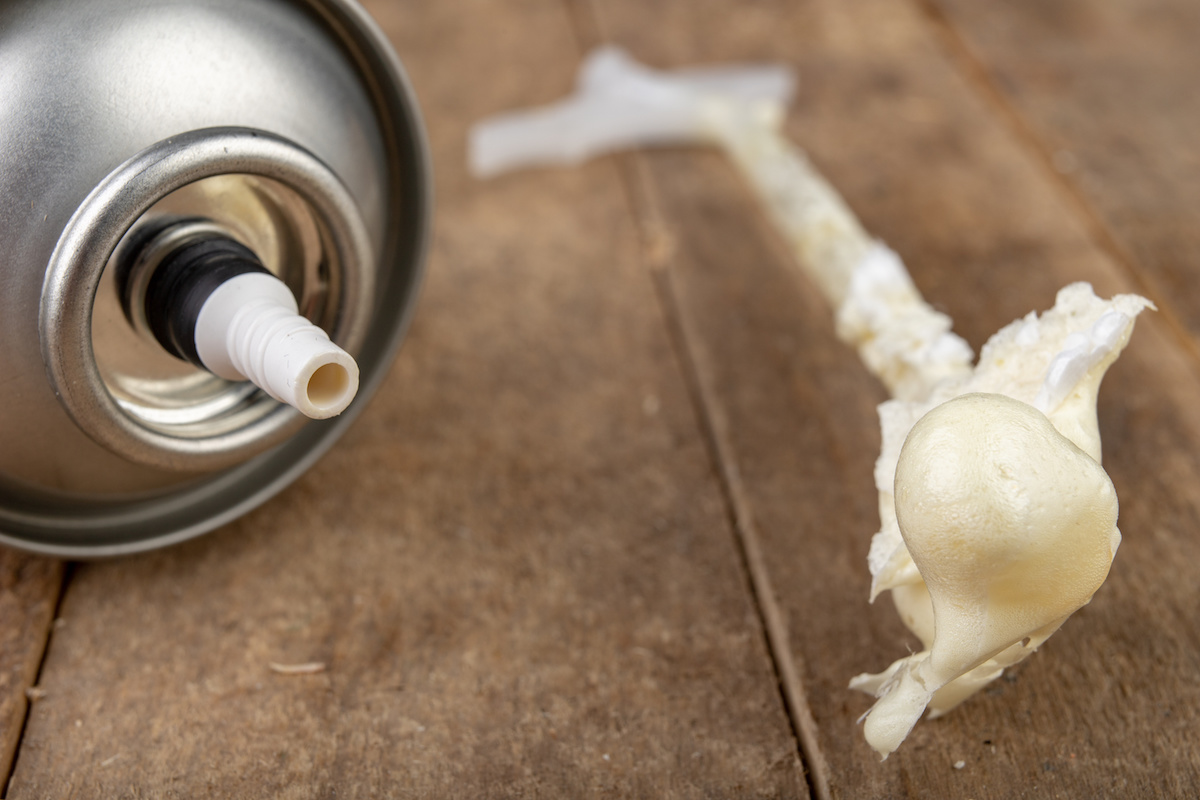Odor in Your Home after a Recent Insulation Service?
With so many people working from home during the current COVID-19 crisis, the house needs to be a comfortable environment now more than ever. Some homeowners report a smell after insulation services, such as spray foam insulation installation in the attic. Here’s what could be causing that smell and what to do about it:
Possible Causes of Insulation Odor
While determining the cause of the odor won’t stop it from occurring, some homeowners may want to pursue this step anyway. The first step to figuring out what that smell is: calling the manufacturer.
The insulation manufacturer may ask that homeowners send a piece of the spray foam insulation in for testing. This process is to determine if anything is wrong with the insulation installed in your home, including:
Improper Mixing
Spray foam insulation ships as separate chemicals. The technician responsible for installing the insulation mixes the chemicals just before being sprayed into the home. If the technician or contractor improperly mixes the chemicals, including incorrect ratios of chemicals, the foam may give off an odor. Not only that but, in addition to the smell in the house, the foam may not even insulate the space properly.
Improper Ventilation
Another reason homeowners may smell an odor in their home after spray foam insulation installation includes improper ventilation. The contractor or technician responsible for installing the spray foam must ventilate the space. This way, the foam can off-gas properly after installation. A lack of ventilation may cause an odor to dissipate into the home.
What To Do About Stinky Insulation
Unfortunately, once spray foam is installed, it’s all but impossible to remove. There are a few options to explore when it comes to getting that smell out of the house.
1. Seal the Ducts
Plenty of homeowners here in the PNW that do not have HVAC systems installed. However, if homeowners have an indoor HVAC unit inside of a spray-foamed attic, they need to inspect their ductwork. The HVAC’s return may be pulling attic air and then pushing it into the home.
Sealing the return ductwork and any other leaky ducts can help keep the smell of the spray foam out of the home’s living areas. This process will not remove the smell from the attic, but it can help prevent the smell from spreading throughout the house.
2. Custom Ventilate the House
If sealing the ducts doesn’t work, or the house doesn’t have ducts to seal, homeowners may need to get creative with their house’s ventilation. Homeowners should hire a home performance professional to determine how much attic air is dissipating into the home’s living areas. There are a few different options available for homeowners to help address the issue of smelly spray foam insulation.
Depressurize the Attic Space
If homeowners install an exhaust fan, the smelly air will be removed from the attic. The exhaust fan circulates the air from the house into the attic, not the opposite. This way, the smell won’t invade the living areas. While the spray foam will still smell, the odor will be directed out of the attic through the exhaust fan. However, to ensure that the house doesn’t suffer from the effects of negative pressure, homeowners may also need to install a mechanical ventilation system.
Install a Mechanical Ventilation System
If the odor persists, it may be worth it to install a ventilation system to exchange the indoor air for filtered outdoor air. It’s best to contact a trained HVAC technician to explore what is most suitable for your home, as there are a ton of different options available.
Seal Attic Penetrations and the Top Plate
Another option that may help with odor from spray foam insulation is to seal the top plate and air gaps between the attic and living space. However, sometimes this process can cause problems with the relative humidity in the attic space. In some cases, homeowners need to install a dehumidifier in the attic after pursuing this step.
3. Get a Different Air Filter
No matter what strategy homeowners decide on if spray foam insulation causes the living areas to smell bad, it’s a good idea to purchase a different air filter that offers better filtration than whatever is installed now. An activated carbon filter may be the most appropriate for odor control.
Avoid All of This by Calling Northwest Weatherization Today
Avoid having to install a new ventilation system in your home by contacting Northwest Weatherization for insulation and weatherization services. We specialize in helping homeowners save money every month on their utility bills. We have won an Angie’s List Super Service Award every year since 2013. Weatherization is the most cost-effective way to decrease your carbon footprint and your home’s energy use. Whether you need insulation, duct sealing, windows, or whole-home air sealing, we can handle it. Call us today for a free home insulation audit to help you determine your home’s weatherization needs and what incentives, rebates, and tax credits are available for you.

